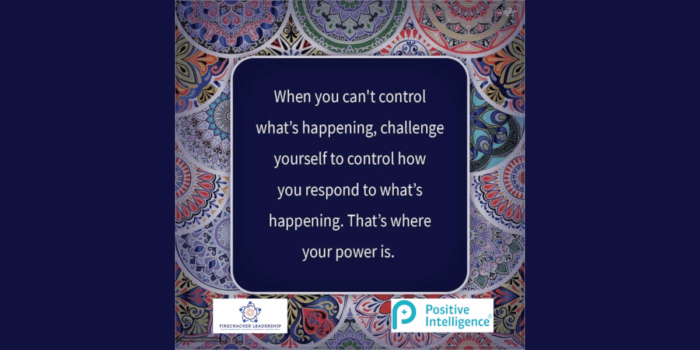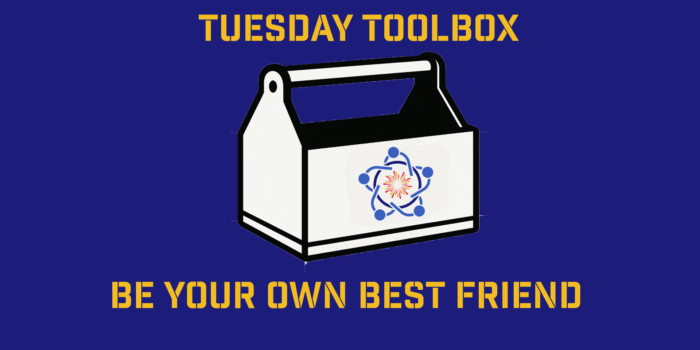Gentle reminders to take care of ourselves.
As the head of a company, the CEO carries a great deal of responsibility on their shoulders. The pressure of managing a business and the constant demand for outstanding results can take a toll on their physical and mental health, leading to burnout.
Why are CEO’s prone to burnout?
In my observations working with top CEO’s of many Fortune 500 companies I have noticed a few common factors why CEO’s and leaders are susceptible to burnout.
Firstly, they are under constant pressure to perform and meet their targets, deliver results, and drive growth. CEOs are responsible for the overall success of the company, which can be highly stressful, and they often have to make difficult decisions, work long hours, and manage a large team of employees which can be very demanding on their body and mind.
Secondly, I have spoken to many CEO’s that mention “it’s lonely at the top” and being at the top of an organisation can be very isolating. They often lack peer support who they can truly confide in, and they may feel pressure to project a strong, confident image as a leader at all times, which can be quite exhausting.
Finally, CEOs often have to make personal sacrifices to their family and social life in order to focus on their job. I often ask senior CEO’s and other senior professionals the question, “If they could do their career again, is there anything they would do differently, and the most common response is “I just wish I spent more time with my family and children”
How does mindfulness help prevent burnout?
I interviewed around 200 people (including many CEO’s) for my book Beating Burnout Finding Balance, and I was alarmed to find that 90% of the people I interviewed did not realise they were burning out until it was too late! They either had a panic attack or some other critical physiological response. The other 10% either noticed the signs of stress but they ignored them and kept pushing through or they did not have the tools and techniques to prevent it.
Therefore, one of the first steps to preventing burnout is self- awareness, and one of the best tools to build self-awareness is practicing mindfulness. Mindfulness is a technique that involves paying attention to the present moment with non-judgmental awareness. It also involves observing your thoughts and feelings without getting caught up in them. As a CEO or leader, it is paramount to build a strong sense of self-awareness, as the saying goes ‘you can’t change what you don’t notice’.
There are several ways that mindfulness helps prevent burnout:
Enhance Self-awareness: Mindfulness can help you become more aware of your thoughts, emotions, behaviours and physical sensations. It gives you the ability to notice when you are feeling stressed or overwhelmed and consequently do something about it before it turns into chronic stress, and may eventually lead to burnout. It may be to stop and do a mindful meditation practice, or go for a walk outside, or chat with a colleague, or just take a short renewal break. With mindfulness you are more able to be in tune with yourself and know what your body and mind needs in any given situation.
Reduces stress: Mindfulness practice and especially breath work, can help reduce the physiological effects of stress, such as elevated heart rate and blood pressure. When you are under constant pressure, your brain is on high alert and this puts the body in a stress response (fight and flight mode) which is very taxing on the body and mind. By practicing mindfulness regularly, you can deactivate the stress response and initiate the relaxation response instead.
Improves focus: At its most fundamental level, mindfulness is all about attention training and staying focused on the task at hand. When the mind is cluttered with distracting thoughts and emotions, it can be difficult to stay on task, problem solve and make clear-headed decisions. This lack of focus and constant attention switching is very destructive to your productivity and resource heavy for your mind. Mindfulness training can help you improve your focus and attention, which will help improve your overall performance and productivity.
Three simple ways to incorporate mindfulness into your daily routine
Mindful eating: Too often we eat on the run or in front of the computer, but mindful eating is a great way to bring mindfulness to your day. By simply paying attention to the taste, texture, and smell of your food while eating, it can really help you become more present again.
Mindful Meditation: You can start by practicing for a few minutes each day. There are many guided meditation apps available online that can help you get started, I recommend doing short practices initially and then building it up over time.
Mindful breathing: I often teach 90 second breath breaks as a tool to help you refocus on the present moment and deactivate the stress response. This involves actively focusing on your breath for around 90 seconds and resetting your focus. This is great any time of the day!
In conclusion, mindfulness is a powerful tool that can help you prevent burnout and improve your overall well-being. By incorporating mindfulness practices into your daily routine, you can reduce stress, improve focus, enhance self-awareness, and prevent burnout. By taking care of your own mental and physical health, you can create a positive work environment, lead the company to success and perform at your best without the risk of burnout.



